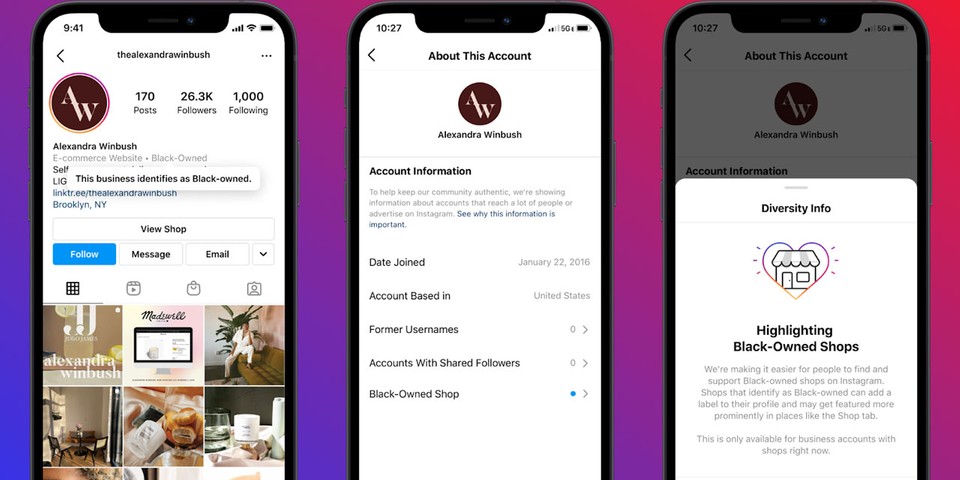Adding ‘Black-Owned’ Business Labels Boosts Sales, Says Harvard Study

According to a new report by Harvard researchers, overlooked Black businesses that added a ‘Black-owned’ label to their online shop saw a significant increase in sales last year.
Many tech platforms, including Yelp, Amazon, and Instagram, have introduced a new feature with the aim of helping Black-owned businesses get the spotlight they deserve – but do they actually work?
Since the feature has been rolled out, many have questioned whether it works or would prove problematic for smaller businesses in the future. However, Harvard says this feature has proved to be highly beneficial for Black-owned businesses.

The report, published by Abhay Aneja, Michael Luca, and Oren Reshef, analyzed how well businesses performed after adding the ‘Black-owned’ tag to their shop or online website.
The researchers focused on Black businesses on Yelp and measured the results by tracking the number of calls the restaurant received, the number of delivery orders, and in-person visits.
“If you look at the history of social science research, in most cases, when you raise awareness of the race of a Black person in America, it leads to anti-Black discrimination,” said Michael Luca, associate professor at Harvard said, in an interview.
“Yelp is not putting pictures and names of the restaurant owners on top of every listing. Instead, they’re allowing people who want to find a Black-owned business to more easily search for it.”
According to the study, the researchers found that since Yelp introduced the “Black-owned” business label in 2020, overlooked businesses saw a 30% increase in sales.
Interestingly, the Harvard study also revealed that a large proportion of demand for Black-owned businesses came from white consumers.
For many of these businesses, lack of visibility played a significant role in their lack of sales. However, the Black-owned tag has made it easier for them to be easily discoverable to consumers, especially those outside the community.
“The extent to which we should care about these initiatives depends on if it’s actually helping to improve the bottom line,” Luca added.



